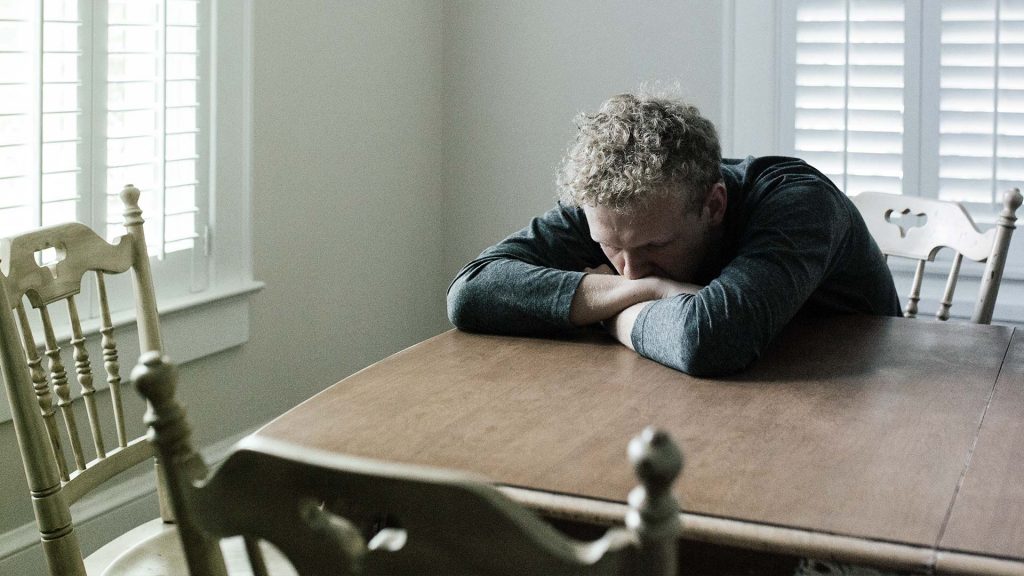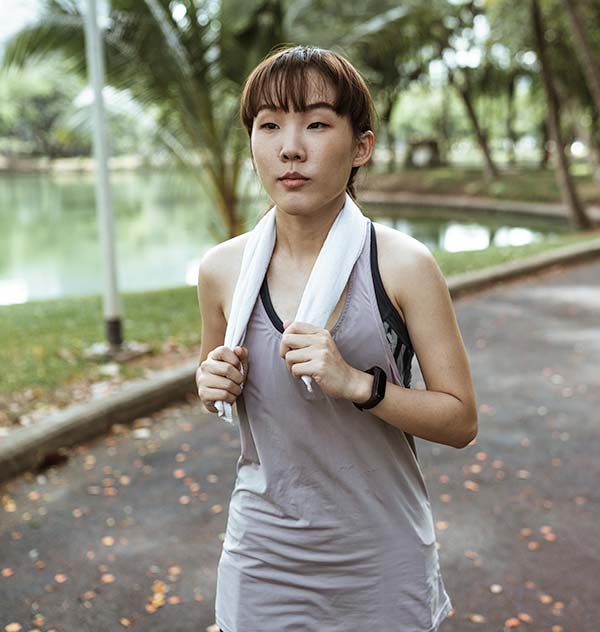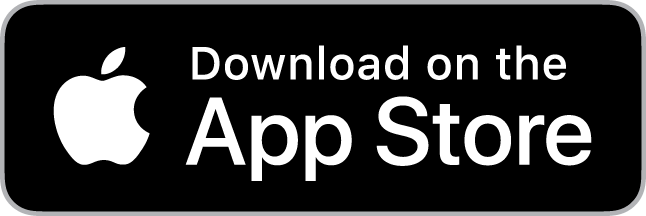Do I have depression? What you need to know
Around 3 million people have anxiety or depression in Australia. In fact, every year, around 6% of adult Australians are affected by a depressive illness.
This means there’s a reasonable chance that you or someone you care about will have depression at some point in your lifetime. Here, we’ll guide you through the signs of depression and how to get the help you need, when you need it.

What is depression? And what does depression feel like?
Depression is a medical condition that affects the way you think and feel and can interfere with the way you function in your day to day life.
It’s normal to experience feelings of sadness, especially when life is difficult. But depression goes beyond these temporary feelings. It can involve feelings of sadness or emotional numbness that won’t go away. It can even cause a loss of interest in the things that you used to enjoy.
If you think you might be depressed, the first thing you should do is talk to someone about it.
Am I depressed? What are the signs of depression?
Not everyone experiences depression in the same way. Some people feel tearful, others may have difficulty concentrating, while still others may struggle with feelings of worthlessness.
Depression can be triggered by hard or stressful times, such as a relationship problem, grief or financial problems. But often, people will experience symptoms of depression even if things are going relatively well in their lives.
So what does depression feel like? Common signs of depression include:
- feeling extremely sad or tearful
- feeling flat or numb
- loss of enjoyment of—or motivation for—activities you usually like
- changes in your weight and/or appetite (increase or decrease)
- changes in your normal sleeping patterns
- difficulty concentrating or making decisions
- feeling restless or operating (moving/thinking/speaking) slowly
- fatigue or loss of energy
- misuse of alcohol and drugs
- feeling worthless, or unnecessarily guilty
- recurrent thoughts of death or suicide.
So how can you know if you have depression? You could have depression if you’ve been feeling some of these signs for a period of 2 weeks or more.
Beyond Blue offers a survey that can help you figure out if you have depression. If you are wondering ‘Am I depressed?’ or ‘Do I have depression?’, it’s best to talk to a doctor about it.

Do you need help right now?
If your life is in danger CALL 000
Do you need support right now?
If you or someone you care for needs support, you can contact any of these Crisis Counselling Services:
- • Lifeline 13 11 14 – 24 hours a day, 7 days a week
- • Beyond Blue 1300 22 4636
- • Suicide Call Back Service 1300 659 467
- • Kids Helpline 1800 55 1800
- • MensLine Australia 1300 789 978
How is depression treated?
The good news is that the right kind of treatment can really improve, and sometimes even eliminate your signs of depression. If you have moderate depression, treatment could help you feel much better within 6-8 weeks.

If you are experiencing symptoms or want more information about mental health, you should speak to a doctor. You can request a telehealth consultation with one of our Australian-registered doctors from anywhere in Australia, seven days a week.
Community support programs — either in person or online — can also be really helpful for people with depression (and those who support them).
Treatments for depression need to be tailored to your specific medical needs and situation. There’s no ‘one-size fits all’ treatment. That’s why it’s important to work through the treatment options with your doctor.
With your doctor, you may also develop what’s called a ‘mental health care plan’, which is a tailored plan supporting people living with depression in Australia. This plan covers things like:
- your symptoms
- what help you require
- the results you wish to achieve
- what treatment is best for you
- a referral to a specialist — such as a psychologist
Don’t be afraid to ask questions – this will help you get the most from your treatment.
What can I do to help my depression?
The most important thing you can do to help your depression is talk to a doctor. If you seek help, you will get it.
But you might try some of the following activities to help ease your day to day symptoms.
- Exercising regularly: This can help clear your head and lift your mood.
- Eating well: Good nutrition can help support your energy levels, and improve your mood
- Avoiding alcohol and drugs: Sometimes people use alcohol or drugs to try and cope with the symptoms of depression. But they usually make things worse rather than better. Your doctor can help you to move away from using drugs or alcohol to cope with your depression.
- Do the things you enjoy: Schedule time in your week for things you like doing. You could try meeting up with friends each week or restart a hobby you used to enjoy.
These things by themselves may not alleviate depression, but they can boost the effectiveness of treatment your doctor recommends.
It’s also helpful to meet up with others who are experiencing depression or have overcome it in the past. There are support groups available in all states and territories. Head to the The Black Dog Institute or GROW for more information.
You can also find comprehensive information about online mental health support at Head to Health.
Are you looking for help for your depression?
If you are experiencing symptoms, you should speak to a doctor. You can request a telehealth consultation with one of our Australian-registered doctors from anywhere in Australia, seven days a week.
Our Telehealth consultations are 100% confidential. So you can get the professional, private and discrete mental health support you need.
To speak with an InstantScripts Doctor:
Request a ConsultationIf you have run out of your script:
Request a Script© InstantScripts
Level 8 / 637 Flinders St.,
Docklands VIC 3008

